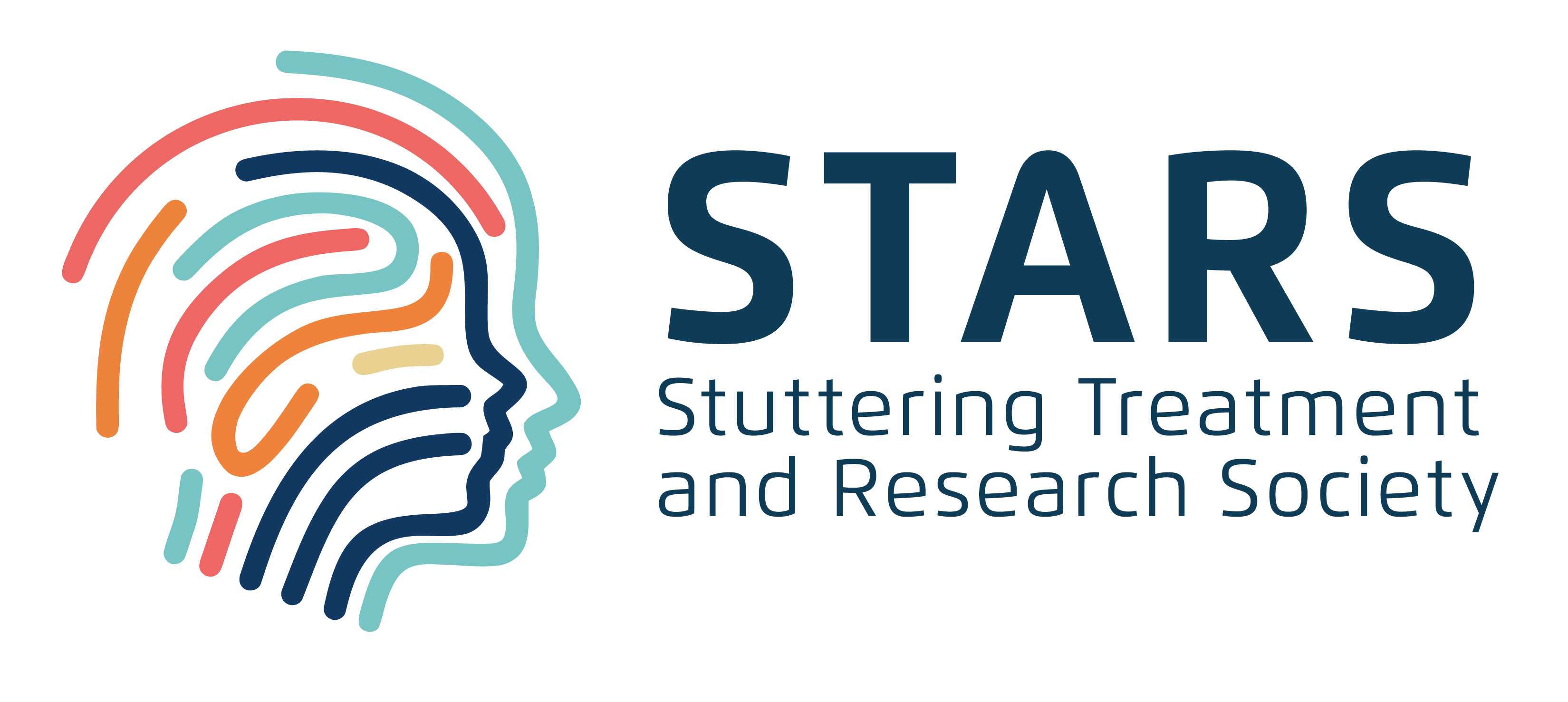
International Stuttering Awareness Day: Why Psychiatrists Should Pay Attention

Gerald A. Maguire, MD, explores the importance of understanding stuttering in psychiatry, emphasizing the need for research, collaborative care, and awareness.
As International Stuttering Awareness Day is observed on October 22,
Why Is Stuttering Awareness Important in Psychiatry?
“Why should psychiatrists care? Because we have labeled the condition of stuttering, currently labeled in
Although stuttering is a neurologic condition, Maguire said it often has neuropsychiatric manifestations. Stuttering “may coexist with ADHD, can often coexist with obsessive-compulsive disorder, but even more commonly with a condition known as social anxiety disorder,” he explained. “So it’s important for us to continue to work to educate my fellow psychiatrists, so we can work as a team with other health care professionals (speech-language pathologists) to improve the lives of over 4% of all children and 1% of all adults who struggle with stuttering.”
What Are Some Tips for Talking With Patients Who Stutter?
A first priority is to maintain eye contact, said Maguire, who is also chair and director of residency training at College Medical Center in Long Beach, California, and staff psychiatrist and director of graduate medical education at Oroville Hospital in Oroville, California. Allowing patients a safe space to communicate is also important. As such, clinicians should “allow your patient the opportunity to express themselves in any means that they feel comfortable. Take the time, maintain that eye contact, and please don’t try to fill in the word for them because it may be incorrect.”
Psychiatric clinicians should address coexisting psychiatric issues, like
Although promising treatments are being studied, he added there is no approved targeted treatments for stuttering. There is some evidence for off-label use of existing psychotropics indicated for tic disorders or Tourette disorder, he told Psychiatric Times.
Where Can Clinicians Learn More?
Maguire founded the nonprofit organization STARS to foster ongoing dialogues with clinicians and researchers in different fields, advance neuroscience-based research into the cause of stuttering and potential treatments, he told Psychiatric Times. Earlier this year, STARS hosted their
The
Newsletter
Receive trusted psychiatric news, expert analysis, and clinical insights — subscribe today to support your practice and your patients.







